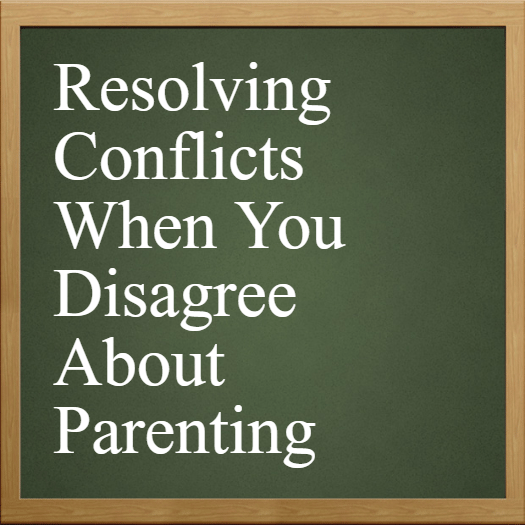Why Swimming Lessons are Critical for Kids on the Autism Spectrum
By: Michael Morris, Goldfish Swim School
Everybody in the pool! Yes, that really means everybody.
It is widely recognized that all kids need swim lessons. In fact, the American Red Cross says that the number one thing that parents can do to keep kids safer around water is to enroll them in swim lessons.
Researchers at the Columbia University Mailman School of Public Health recently conducted a study that concluded that children with autism are 160 times more likely to drown than the general pediatric population. The lead researcher stated, “Given the exceptionally heightened risk of drowning for children with autism, swimming classes should be the intervention of top priority.” (Source: My Autism.Org)
The swim and water safety experts at Goldfish Swim School know first hand the importance of getting kids of all abilities into lessons. “Our goal is to work with families to see their children progress through our swim curriculum. We understand that no two kids are the same. We know that our facilities, learn-to-swim program and highly trained staff are the key to making any child’s experience at Goldfish Swim School a positive one,” says Morris.
Jocelyn Geib, Ph.D. -CCC/SLP is a licensed speech and language pathologist who provides consultation, assessment, and treatment at KidsLink Neurobehavioral Center and The KidsLink School in Streetsboro, Ohio. She also serves as the executive director of The KidsLink School Program.
Gieb stresses, “Water and swimming safety are lifelong and critical skills for children on the autism spectrum. Safe and supportive lessons can help reduce the risk of accidental drowning—and bring about more joy, confidence, and motor coordination. Swimming can offer improved coordination and strength and can even be therapeutic once a child is comfortable in the water. Swimming requires the use of energy which can, in turn, reduce tension and anxiety and promote body awareness. There can be many secondary gains as well including improved attention and increased ability to follow directions. Swimming is also a lifelong social and recreational sport and provides an activity that children can do with their family and friends.”
The Goldfish Swim School team works with children on the autism spectrum every week in lessons. “We understand that kids on the autism spectrum absolutely need to have fundamental swim and water safety skills and we are committed to working with families to find a way to make that work for their children,” adds Morris.


